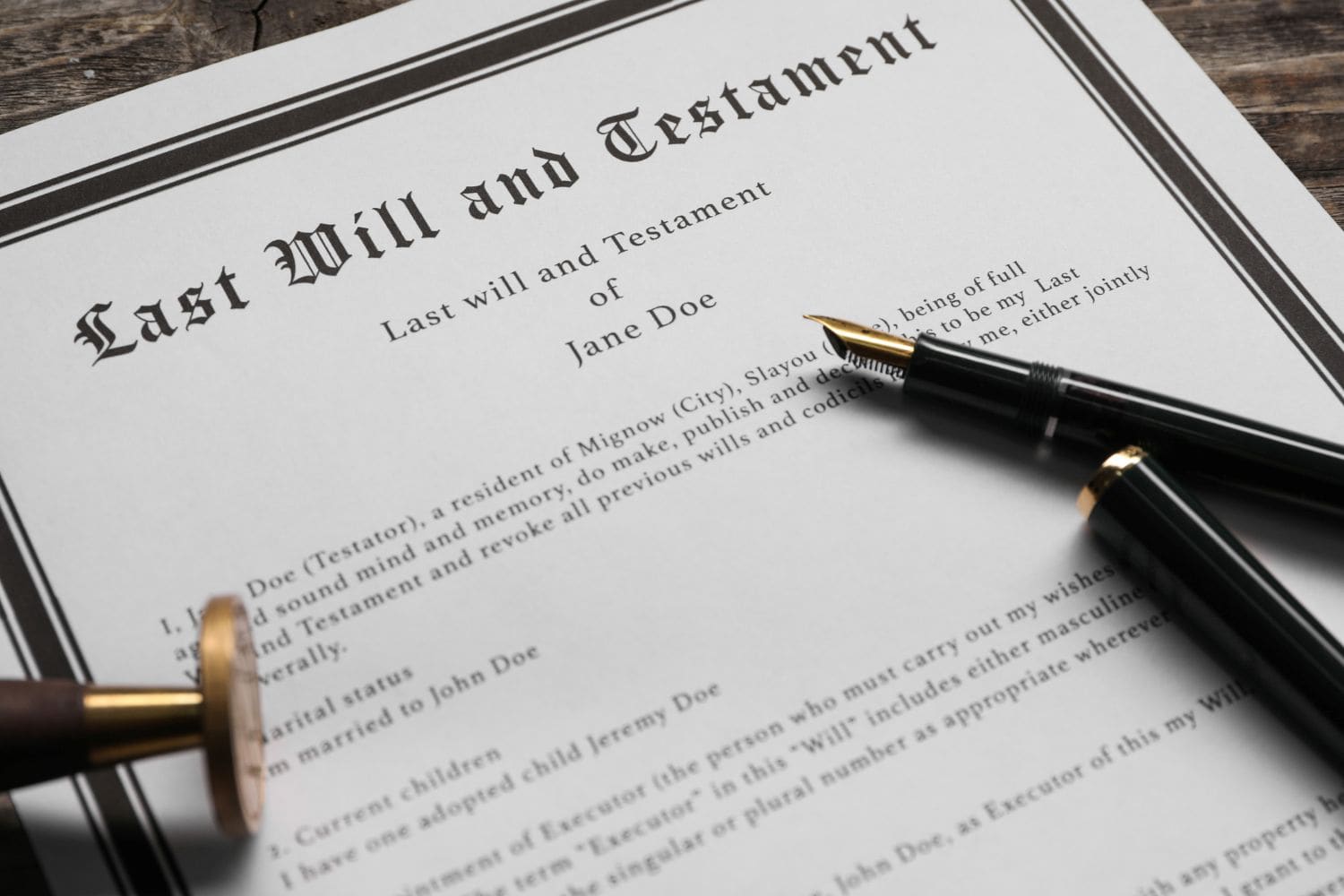Many people think they do not own enough to go to the trouble of drawing up a will, without thinking of all the problems they will leave behind if they die without one.

Life is unpredictable. While we cannot control when or how it will end, we can control how our loved ones are cared for after we are gone. However, South Africans often overlook the crucial step of drafting a valid will.
Christel Botha, fiduciary services manager at Alexforbes, says the consequences of this can leave families burdened with debt, conflict and unnecessary complications when it comes to distributing assets.
She points out that more than 70% of South Africans do not have a will. “Without one, you forfeit your constitutional right to freedom of testation, the right to decide how your assets are distributed after death.
“Instead, the law takes over through a process known as intestate succession. In simple terms, this means that the law, not you, decides who inherits your estate.”
ALSO READ: A last will and testament is one of the best gifts you can leave behind for your family
What happens when you die without a will?
Botha says dying intestate not only strips you of your freedom of choice, but it also creates avoidable problems for your loved ones. Some of the most common complications include:
- Executor appointments: The Master of the High Court appoints an executor, not necessarily a family member, which can lead to delays and disputes.
- Family disputes: If your heirs are missing, uncooperative or in conflict, the process becomes lengthy and complex.
- Rigid rules: Intestate succession follows strict legal rules. Even if the results seem unfair, they cannot be changed.
- Financial hardship: A surviving spouse may only receive the same share as a child, which may be inadequate to cover household or childcare needs.
The result? Botha says families can be left vulnerable, financially insecure and tied up in legal battles, precisely what most people would want to avoid.
ALSO READ: All you need to know about a will and final testament
What about your minor children?
And then there is the hidden risk of minor children.
“One of the biggest challenges arises when a deceased parent leaves behind minor children. Under South African law, minors cannot directly inherit from an estate. Instead, their inheritance is paid into the guardian’s fund, managed by the Master of the High Court.”
While this system is designed to protect children, Botha points out that in practice it often creates new problems, such as:
- The fund offers limited investment growth.
- Payouts are made only quarterly, delaying access to essential money.
- Expenses such as school fees, medical costs and daily living needs are often left unpaid while the system catches up.
“This means that children who should be supported by their inheritance may face unnecessary financial struggles,” Botha warns.
ALSO READ: Can you afford to die? Here’s why it’s important to have a will
Is there a better solution?
Botha says there is a way to protect your children and ensure their inheritance works for them. The answer lies in drafting a valid will that creates a testamentary trust.
Unlike the guardian’s fund, a testamentary trust allows you to:
- Appoint trustees of your choice, people you know and trust.
- Ensure that funds are invested and managed for growth.
- Provide direct financial support for your children’s education, healthcare and well-being.
Botha says other factors people often forget include:
Blended families
With divorce and remarriage common in South Africa, intestate succession laws can create major tension. Stepchildren do not automatically inherit unless they are legally adopted. This can lead to disputes between biological children and stepchildren, often resulting in bitter family conflicts.
Business ownership
Many South Africans own small or family-run businesses. Without a will, there is no clear direction on who should take over the business or how shares are distributed. This uncertainty can threaten jobs, disrupt operations and put employees’ livelihoods at risk.
Digital assets
Today, assets extend beyond property and savings accounts. Email accounts, social media, online investments and even cryptocurrency are part of modern estates. Without instructions in a will, families may struggle to access or even identify these digital assets.
Tax and estate duties
A well-drafted will can help to structure your estate to reduce unnecessary estate duty and capital gains tax. Without proper planning, your heirs may inherit less than expected, as a large portion could go towards taxes.
ALSO READ: Last will and testament: Don’t try to rule from the grave
Outdated will
A will is not a once-off task. Life changes, marriage, divorce, the birth of a child, buying property or starting a business, all mean your will should be updated. An outdated will can cause as many complications as having none at all.
Botha says the message is clear: dying without a valid will creates avoidable complications, leaving your loved ones vulnerable.
Support Local Journalism
Add The Citizen as a Preferred Source on Google and follow us on Google News to see more of our trusted reporting in Google News and Top Stories.








